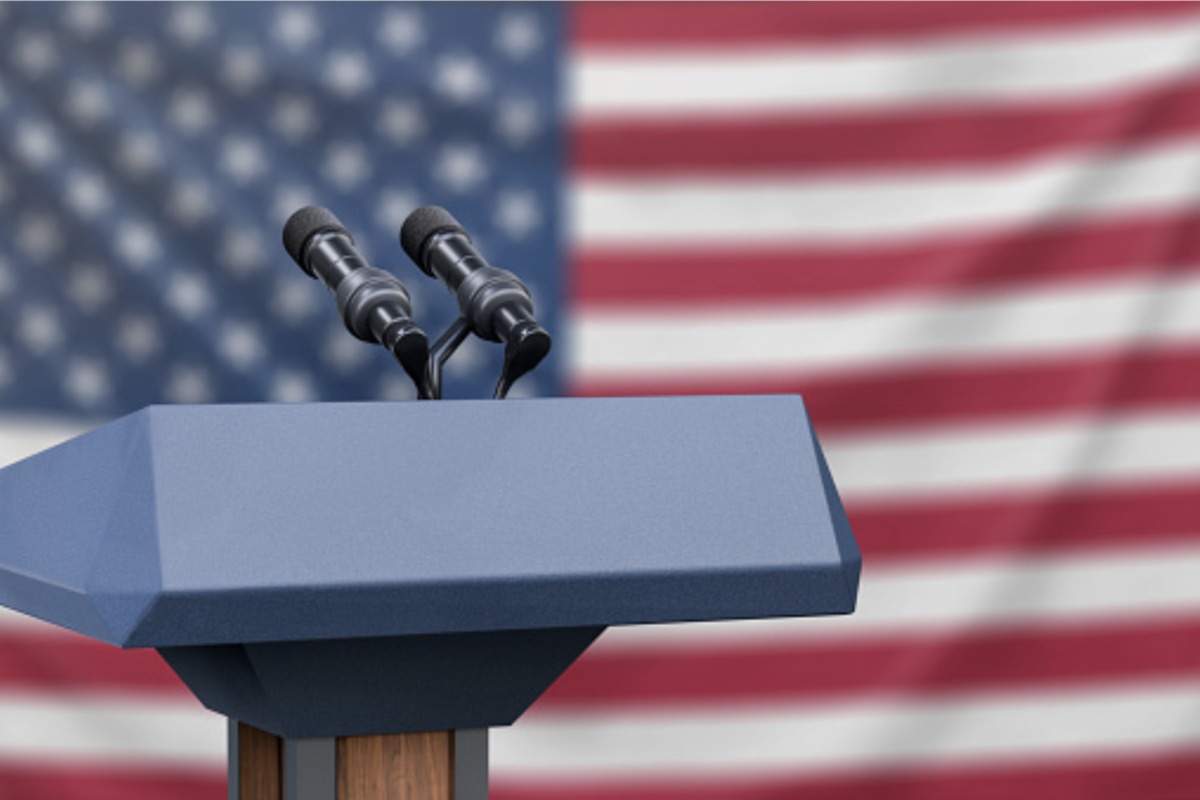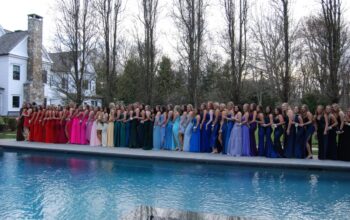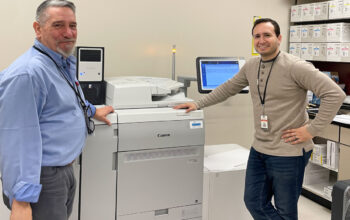Julie Song, Reporter
@juliescourant
For younger generations, presidential debates can serve as an important introduction to modern political issues and understanding a candidate’s platform. However, after watching the September 29th presidential debate, debate team co-captains Neya, Will, Julia, and Ashley found themselves experiencing confusion and fear.
The captains thought that candidates failed to properly debate and discuss. “I would use the presidential debate as a what not to do guide” said Neya. The rest of the captains described it as a shouting match, chaos, and a blatant display of disorganization and ignorance for the rules. According to Will, by the end it was no longer a debate.
Julia left the debate knowing less about both of the candidates’ positions than she did going into it. “The presidential debate is a big thing historically that people look at to figure out the platform of the candidate” Julia said. “The candidates’ complete disregard for fact and listening to each other makes it more about personality than it does about facts and their case.”
The co-captains share these opinions in debate team meetings where they frequently debate election topics such as universal healthcare, supreme court packing, climate change, and more. “You have to be open minded to debate,” Will said. Julia wishes Biden and Trump could attend just one of their debate team meetings to teach them basic debate etiquette.
Education is essential to proper debating and political participation on a larger scale. Neya said that “you’ve got to educate yourself to be the most effective voter and citizen,” which according to Ashley means “doing research and being exposed to issues so you’ll be more ready to vote when it comes time.”
The captains encourage all debate team members to explore all sides of an argument in order to create a more well-rounded and informed opinion. “Students don’t express their extreme opinions as much, but some people we know have very extreme opinions,” Ashley said. Julia added to this statement saying, “For young demographics, discussion and conversation, debate, is our form of engagement.”




